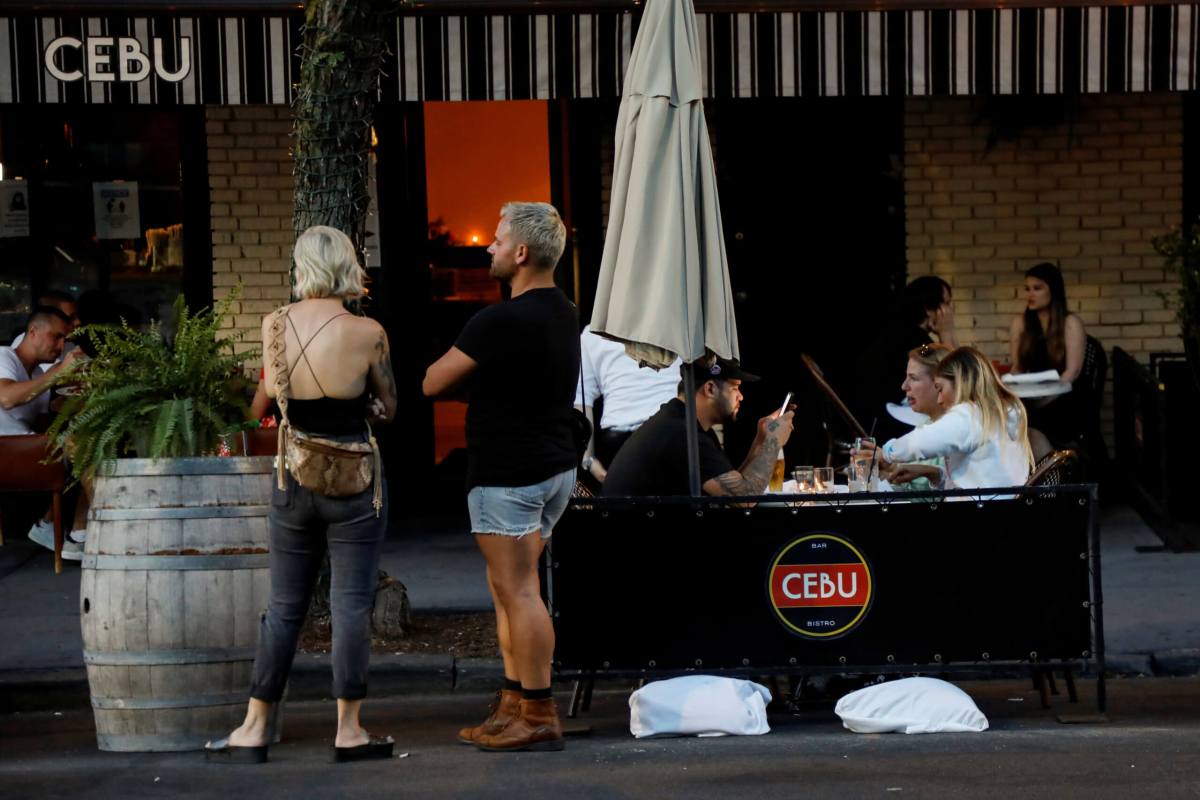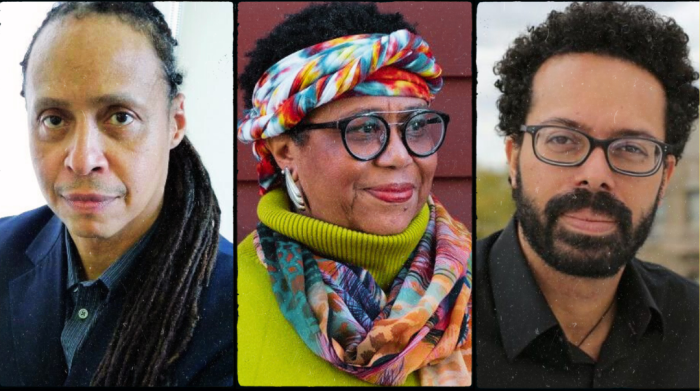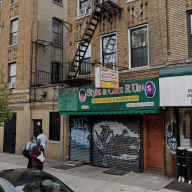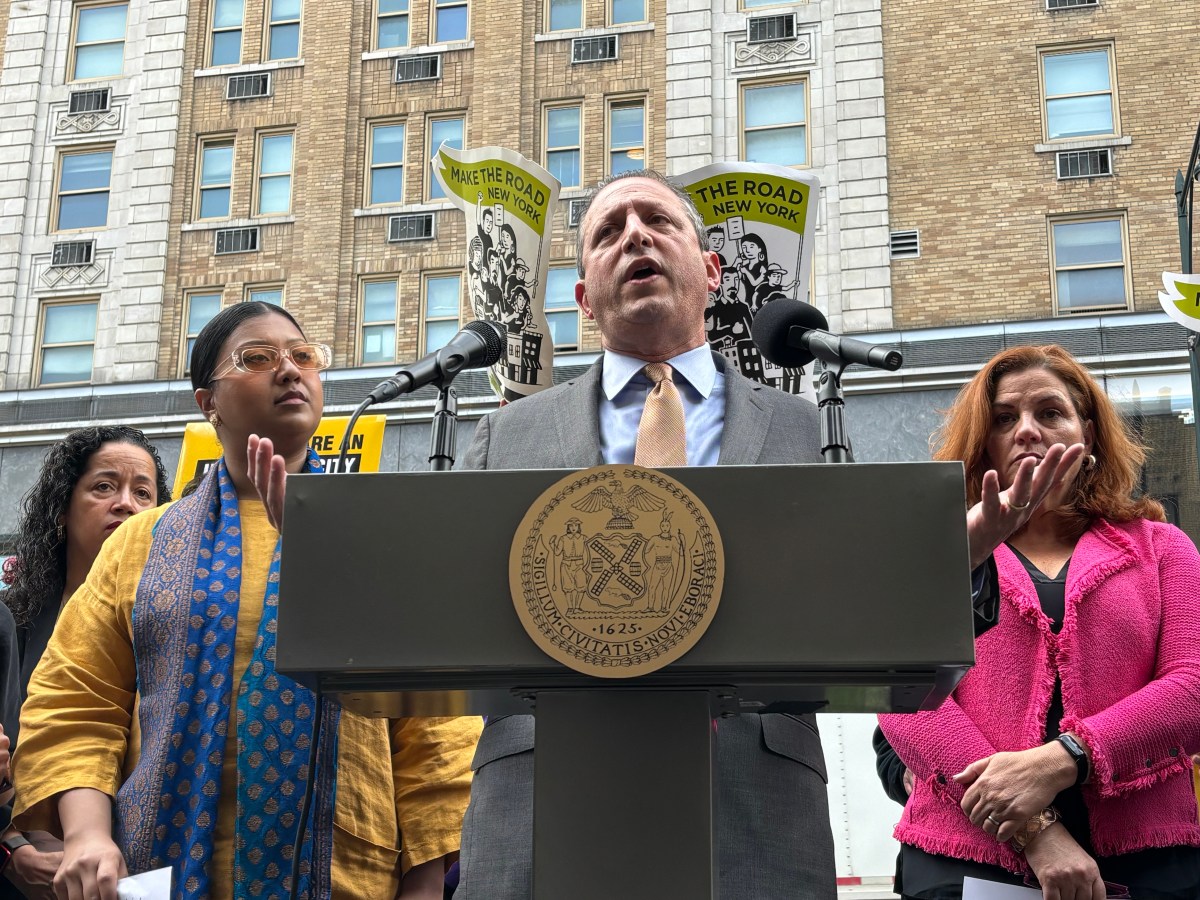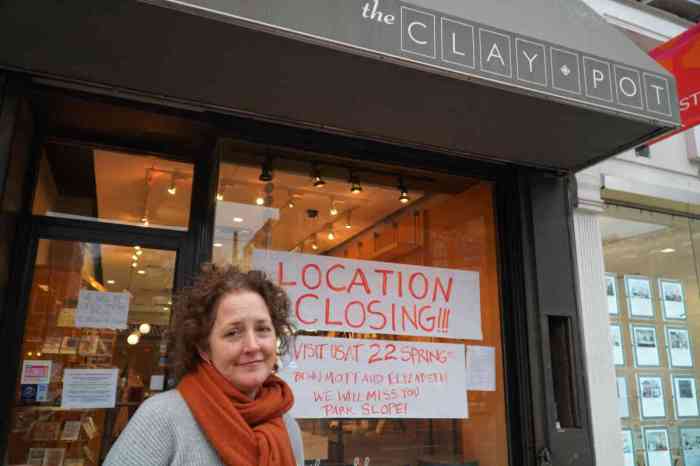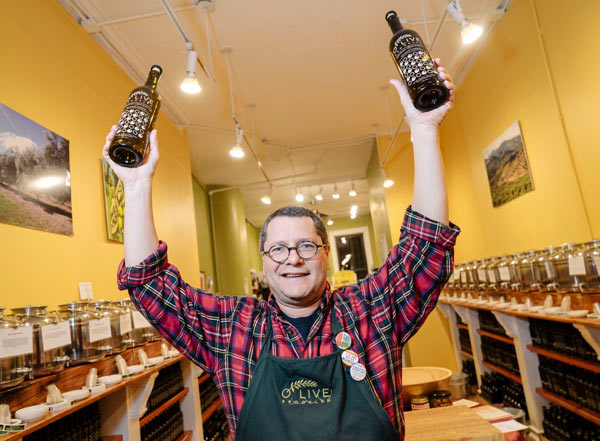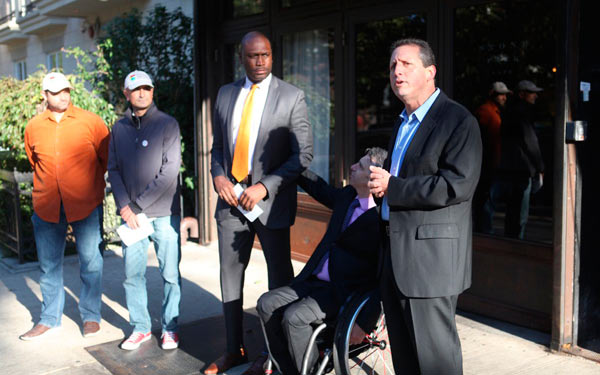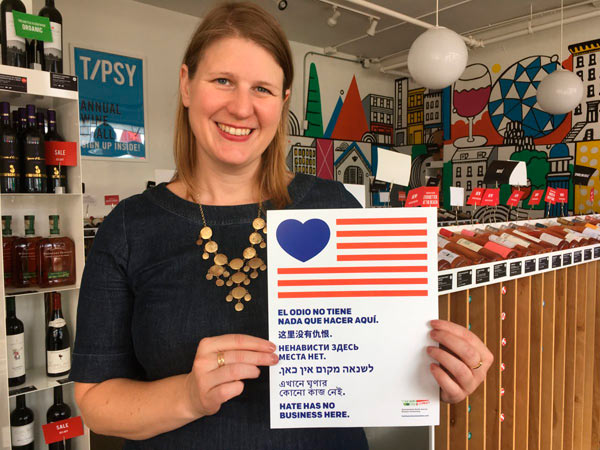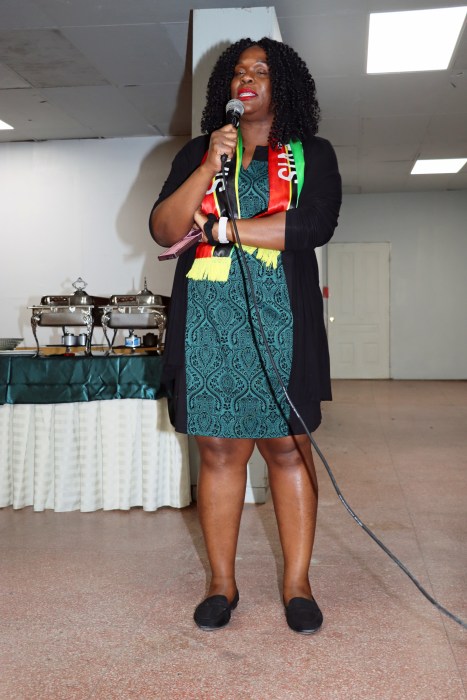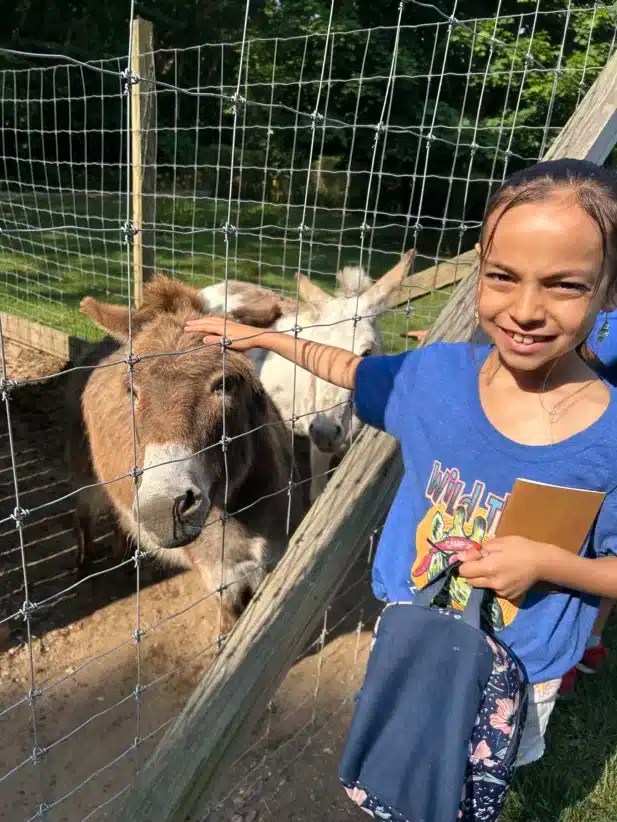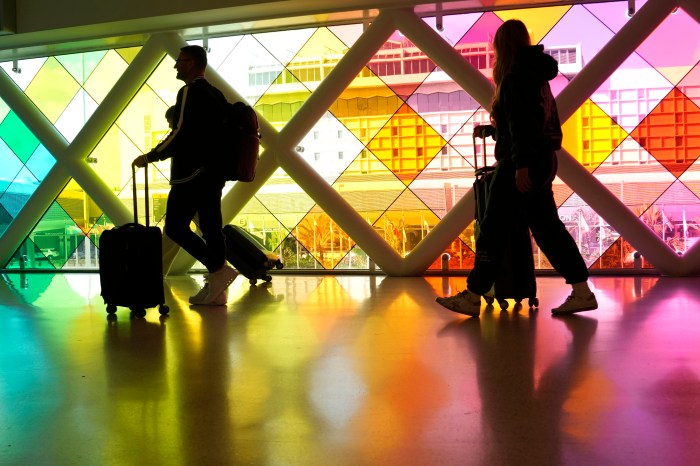It feels good for politicians to say “small businesses are the backbone of our local economy” but talk is cheap. And for me, it’s personal.
My wife is a small business owner who — because of COVID — had to close her storefront of 10 years. Leigh did everything she could to keep The Art Room afloat, but when push came to shove, and the landlord wouldn’t negotiate, that was the end of it. All the work she had put into that space didn’t matter, me being an elected official didn’t matter. The landlord had the upper hand, and she had to close.
My deputy chief of staff is also a small business owner. Kayla and her husband bought Lock Yard less than a year before COVID hit, which closed them down for several months and has limited their business since. This is in addition to the countless lifelong friends and constituents who I speak with on a daily basis who own their own businesses. So the struggle is not abstract to me — it’s real and tangible. I see it and feel it every single day. Through this past year, I often wished I had a bag full of cash that I could just walk up and down the avenues with, handing it out to struggling restaurants, boutiques, and bars. But alas, while being a councilmember affords me some power, it does not give me that opportunity.
Instead, we did everything else we possibly could. I helped lead the effort in the City Council to cap the absurd fees charged to restaurants by third party delivery platforms like Seamless and Grubhub — which became very important when the only business they could do was takeout. We pushed the city to put a hold on all non-COVID safety-related fees and fines, and to stop interest on any overdue bills. I went to bat for businesses when they had unfair encounters with the often inconsistent, ever-changing and nonsensical restrictions placed on them throughout COVID. I called on the governor to lift restrictions when they proved to be too strict or too arbitrary. And, as always, I helped small businesses connect with city agencies when they just needed some guidance or clarification, but couldn’t break through the bureaucratic morass.
We’ve all done our best to navigate and survive this unprecedented and ever-changing landscape. But the reality is, our small businesses have always needed more help than the city could provide. That’s why I called on the federal government to provide relief like the PPP loans, which have been crucial for so many businesses in this district. And I’m also proud to have fought for the passage of the RESTAURANTS Act, which resulted in the Restaurant Revitalization Fund — a $28.6 billion federal restaurant relief program that will allow local restaurant owners to apply for up to $5 million in grants (not loans) to cover COVID-related losses from the past year. I’m relieved that once those grants begin to hit our neighborhoods, we will finally begin to restore some of these businesses to the financial position they were in prior to COVID.
As vaccination efforts pick up steam, and as we begin to contemplate what a return to “normal” will look like, we need to not only lick our wounds and help struggling small businesses recover from the last year. We also need to ensure that New York City is a place where small businesses aren’t holding on by such a thin margin in the first place.
Thanks to the federal stimulus package, City Hall recently announced that another $160 million would be allocated for small business programs — everything from more small business low-interest loans and grants, to commercial lease assistance and assistance with starting new businesses. Just recently, my partner in government state Sen. Andrew Gounardes, announced the $1 billion New York Small Business Recovery Plan. This package includes $800 million for small business grants — not loans — and $200 million in small business tax credits, especially for those small businesses who may have slipped through the cracks for PPP loans and other federal COVID aid programs. The goal here is to ensure no small business gets left behind in this recovery.
Meanwhile, I’m also thinking about what else our neighborhood can use, and what will help increase foot traffic and drive up business among our local merchants as we dig out of the pandemic. In the coming weeks, I will be gathering with local business and community leaders to specifically address how we can use this moment to make commercial corridors like 86th Street a place that not only supports successful big chain operations, but feeds into the larger local ecosystem and gives a much-needed boost to the hyperlocal mom & pop economy that makes our neighborhoods so special.
Lastly, I’m hard at work on legislation to help level the playing field for small commercial tenants. It is unconscionable that small commercial tenants have zero bargaining power with their landlords, have virtually no tax credits or incentives to claim, and yet are often saddled with unceasing bureaucracy and streams of fines and fees. That’s an environment that will doom small businesses to fail from the jump, and if we want our city to be a place where small businesses succeed, we need to provide the conditions for it.
I will never get over the unique small businesses we lost during this time. Losing one was losing too many; the fact that we lost several keeps me up at night. We must do everything we can to make our neighborhood a place where small businesses can thrive, no matter what.
Justin Brannan is a New York City Councilman who represents the neighborhoods of Bay Ridge, Dyker Heights, Bensonhurst and Bath Beach, and the husband of a small business owner.


